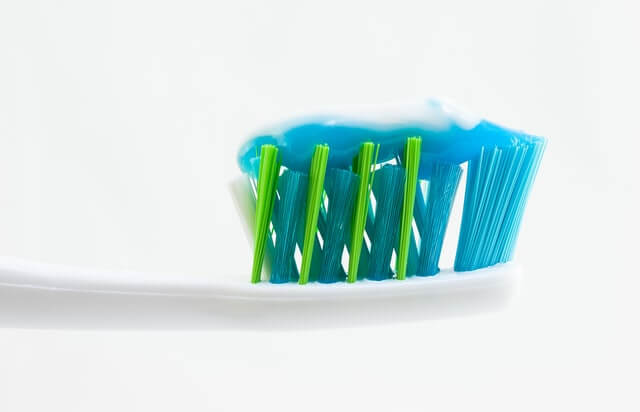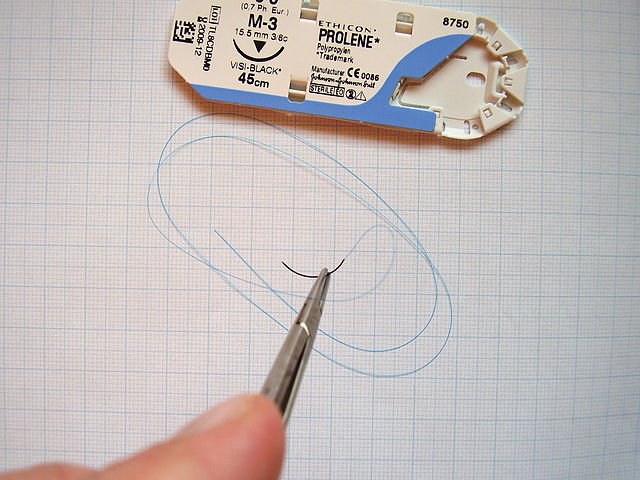A tooth can go from fine to painful in the blink of an eye. One moment you are enjoying dinner, the next you’re clutching your jaw, wondering how quickly you can find help. Dental pain or injury has a knack for showing up at the worst possible time often outside regular clinic hours. While the first reaction might be to panic, a clear head and the right steps can mean the difference between a quick fix and a long recovery.
Alongside urgent treatment, it is worth remembering that many of these situations could be avoided altogether with routine check-ups and general dentistry services, which help catch problems before they boil over.
Recognising a True Dental Emergency
Not every twinge or chip needs a race to the dentist, but some signs demand action right away. Severe pain that lingers and doesn’t improve is a red flag. So is swelling in the face or gums, or trauma that cracks, breaks, or knocks out a tooth.
Infections, often paired with fever and throbbing discomfort, can spread quickly if ignored. If you are ever unsure, err on the side of caution, it is better to get a professional opinion than to wait and risk lasting damage.
What to Do Before You See the Dentist
Once you know it is a genuine emergency, the goal is to protect the tooth and limit the damage until you are in the chair. If you have lost a tooth completely, pick it up carefully by the crown and give it a gentle rinse without scrubbing, and try to put it back in its socket. If that’s not possible, pop it into a container of milk to keep the root moist.
For swelling or trauma, a cold pack held against the face can bring the inflammation down. Over-the-counter pain relief can help too, but skip placing aspirin directly on the gum because it can burn the tissue and make matters worse.
The Role of Ongoing Dental Care in Prevention
Emergencies are not always freak accidents. Many start out as small, treatable problems like cavities, worn fillings, or early gum disease that are left to fester. Regular dental visits give your dentist a chance to catch these troublemakers before they escalate.
Professional cleans, fluoride treatments, and well-timed repairs strengthen your teeth and keep your gums in top shape. This is the behind-the-scenes work that means you are far less likely to wake up one day with a toothache from nowhere.
Choosing a Dental Clinic You Can Rely On
When the clock is ticking, the last thing you want is to be frantically Googling for help. Knowing which dental clinic you’d turn to in an emergency saves precious time. Many practices keep space in their schedules for urgent cases, and some even offer after-hours care.
It is worth checking ahead to see which services your clinic covers and whether they combine preventive and emergency treatment in one place. Building a relationship with your dentist also means they will know your history, which can speed up diagnosis and treatment when you’re under pressure.
Knowing When to Seek Hospital Care
Most dental dramas can be handled in a clinic, but there are times when you need more than a dentist. If there is significant facial trauma, uncontrollable bleeding, or swelling that interferes with breathing, it’s safer to head straight to a hospital emergency department.
If you are not sure, a quick call to your dentist can help you decide where to go. The key is to get the right help as soon as possible, rather than losing valuable time in the wrong place.
Final Thoughts
Dental emergencies are never pleasant, but they don’t have to turn into disasters. Staying calm, knowing what steps to take, and having a trusted clinic ready in your contacts can make the process far less stressful.
Pair this preparedness with regular preventive care and you will stack the odds in your favor, reducing both the frequency and severity of those surprise tooth troubles.



